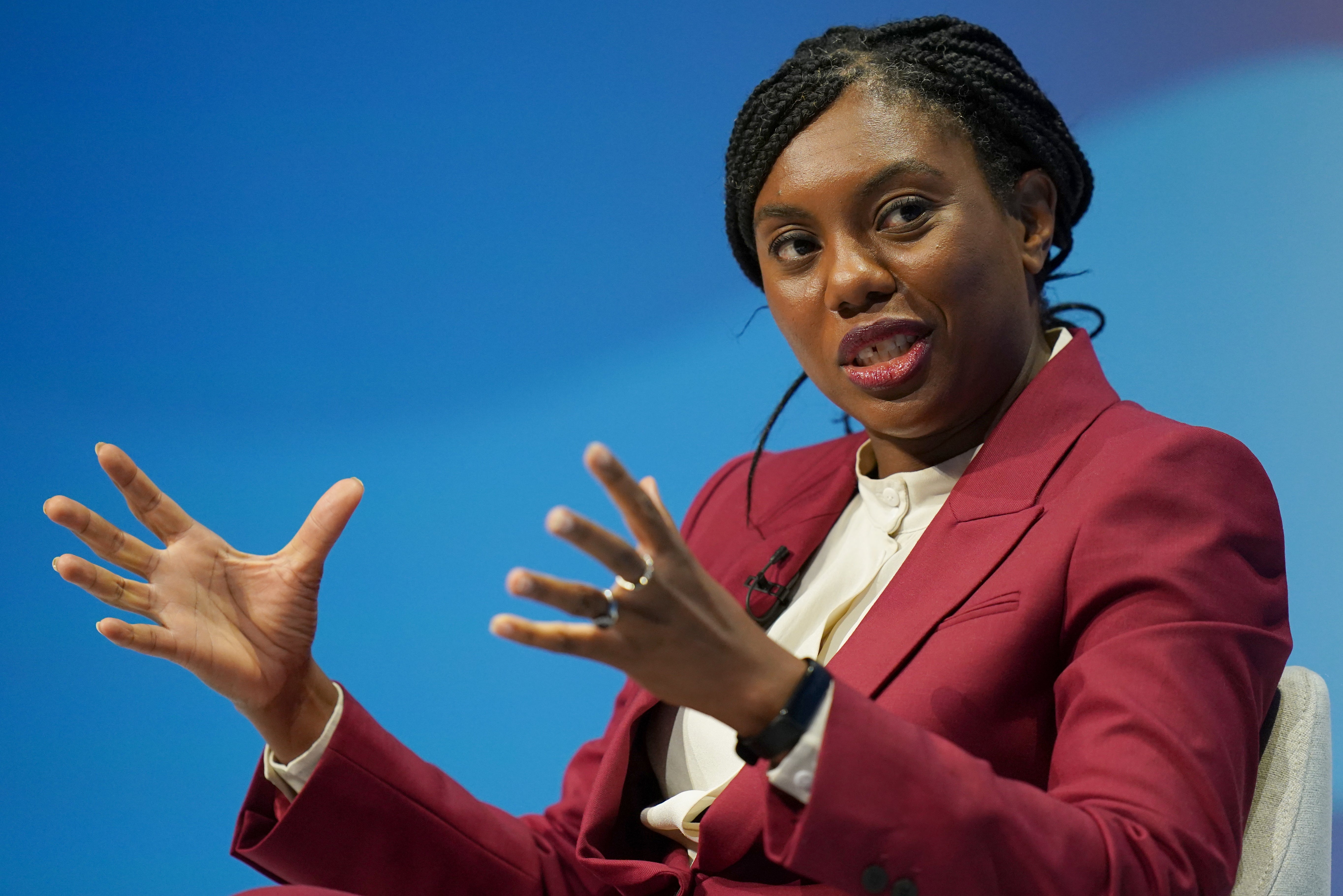The latest poll gives Kemi Badenoch a narrow lead – how reliable is it?
YouGov puts her four points ahead of Robert Jenrick among Tory party members. John Rentoul assesses how likely it is to be accurate


People who bet on the Conservative leadership election do not believe the opinion polls. All but one of the surveys of Tory members that have asked them to choose between Kemi Badenoch and Robert Jenrick have put Badenoch ahead.
The latest, from YouGov, carried out in the days just before the Tory conference opened in Birmingham, has her winning by the “cursed ratio” – the 52-48 per cent split that decided the EU referendum.
This is a narrower lead than the 59-41 per cent advantage she enjoyed in the previous YouGov poll in August (I am adjusting the figures to exclude don’t knows). She was also ahead, by 60-40 per cent, in the Conservative Home survey at the start of September. And in a Techne poll of party members in July (59-41 per cent again).
The only poll of party members that put Jenrick ahead, by 51-49 per cent, was one by JL Partners in August.
Yet punters in the betting markets have had Jenrick as the favourite for several weeks.
What is going on?
Perhaps the people who are placing bets on the contest believe that opinion polls of Tory members are unreliable, and they are making judgements about how the candidates will perform in the beauty parade currently being held in Birmingham.
It is true that Conservative Party members are a difficult electorate to survey, with some variability in predictions. But most polls have got the result right in the three leadership elections that have been decided by party members: 2005, 2019 and 2022.
What about self-selecting polls?
Polls by commercial companies that are members of the British Polling Council are carried out using large internet panels, on which respondents have previously indicated that they are party members. Samples are then weighted to match the known characteristics of Tory members – average age 57, for example, contrary to myths about their being in their seventies.
More controversial are the surveys carried out by Conservative Home, an activists’ website, which invites its readers who can provide proof of party membership to complete an email questionnaire. These surveys seem little different in theory from so-called polls on Twitter or other websites which are totally unreliable because their respondents are self-selected and thus unrepresentative.
However, ConHome polls have a reasonable record. Mark Pack, the Liberal Democrat polling expert, summarised it recently. They were about right in 2005, too pro-Boris in 2019 (but so were commercial polls), and too pro-Truss in 2022 (a bit more than commercial polls).
So who is going to win, then?
The joy of politics is that we do not know. It might depend on a stunningly good or bad performance in the speeches on Wednesday. It might depend on what happens between now and the members’ vote, which will be announced on 2 November, after Tory MPs have voted next week to cut the shortlist down to two.
The final two candidates might not even be Badenoch and Jenrick. James Cleverly or Tom Tugendhat could persuade Tory MPs that they are best placed to defeat the least-liked candidate in the final two. But if Badenoch and Jenrick go through, the evidence of the polls is that Badenoch had a small but significant advantage – at least at the time the candidates went into the Birmingham face-off.



Join our commenting forum
Join thought-provoking conversations, follow other Independent readers and see their replies
Comments